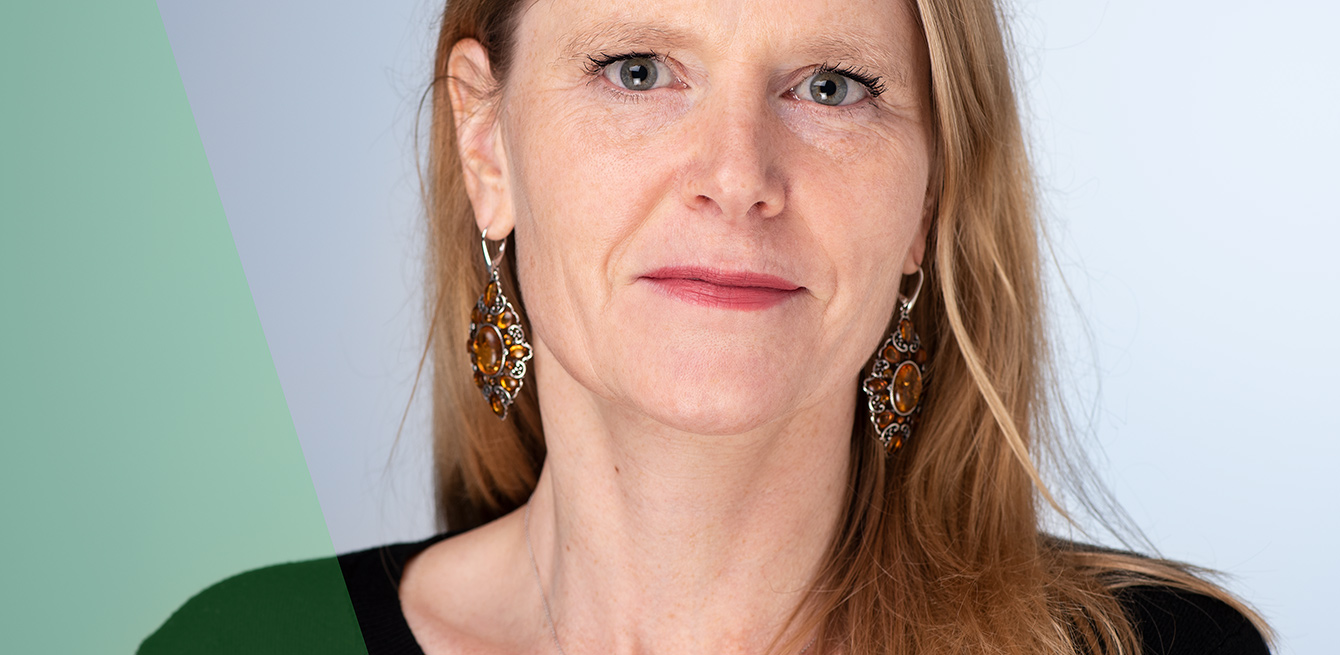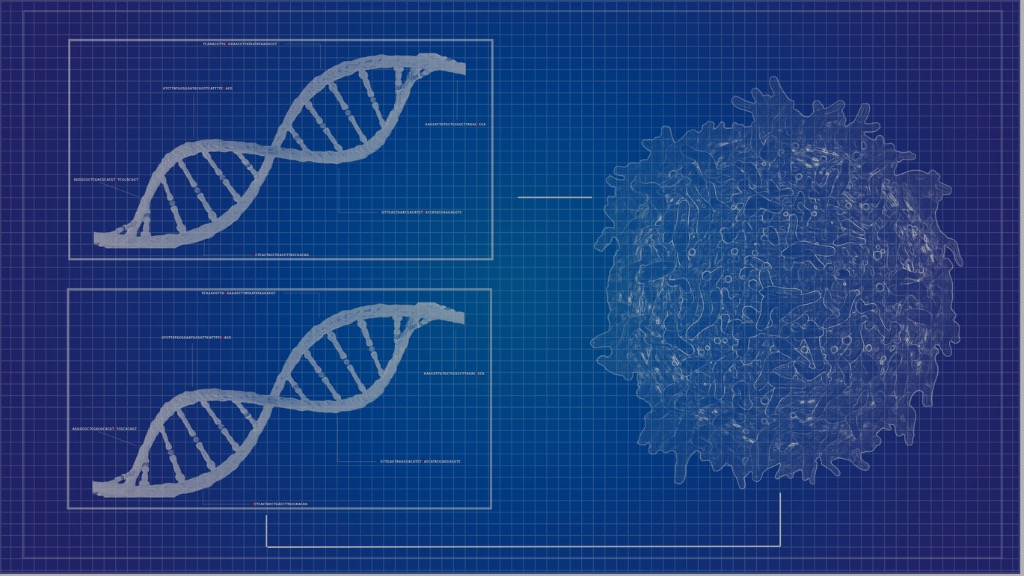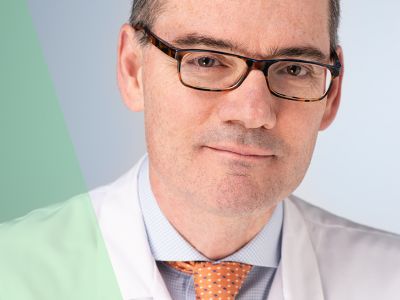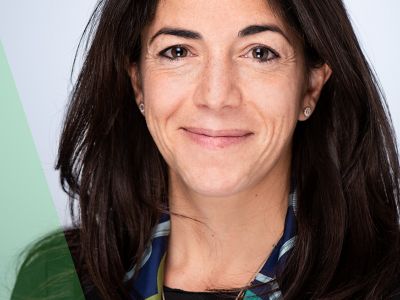
Immunotherapy represents a true turning point in the treatment of cancer, even though it can currently only be offered to certain types of patients. Learn about the advances and the limits of this treatment option with Solange Peters.
Normally, when the “soldiers” in our body – the lymphocytes – come across an abnormal cell, they destroy it. In the case of a cancer cell, these soldiers can no longer perform their work. Why?
In order that the natural defences do not get carried away and attack the body's healthy cells, the T lymphocytes are fitted with switches on their surface. Also called checkpointsor immune control points, they are the control towers for the T lymphocyte: they help to make the decision to destroy the cell or not.
Tumour cells know how to play on this regulatory mechanism so as not to be recognised. The two researchers who received the Nobel Prize for medicine in 2018 had each discovered two of these checkpoints, which interact with tumour cells and prevent the lymphocytes from doing their work. The principle underlying immunotherapy consists of offering a treatment that unlocks these brakes. Because of this, these treatments are part of what is known as immune checkpoint inhibition.
As Solange Peters, Head of the Medical Oncology Department at CHUV, sums up, “immunotherapy makes use of the human body’s natural defences.”
“Unlike chemotherapy and radiotherapy, with this we are no longer seeking to poison the cancer cell by flirting with the maximum tolerated dose, since these substances are also dangerous for the patient's body. The question we are having to ask is why the cancer is there and why our body allows such a pathological thing to develop when it otherwise intervenes against all outside attack.”
The standard treatment with immune checkpoint inhibitors can be optimised even further by multiplying the soldiers and making them more effective. The principle, a simple one, is to take T lymphocytes from the patient, encourage them to proliferate, select, modify and then re-inject them, after having preparing the patient's immunological ground.
The lymphocyte recruitment is by no means arbitrary; only those that have left the blood circulation to infiltrate into the heart of the tumour are selected: these are the Tumour Infiltrating Lymphocytes(TILs). Stronger and more numerous, they become more effective. This is the cell immunotherapy procedure that is called adoptive lymphocyte transfer, which is at the heart of the clinical trial presented in this Immersion series.

Immunotherapy is a treatment that consists of mobilising the immune system so that patients eradicate the tumour themselves.
Today, 15 to 20% of patients treated with immunotherapy show long-term survival. However, although immunotherapy represents a turning point in the treatment of some cancers, it does not work in all cases.
As Solange Peters explains, “each tumour is different, and there are very many different checkpoints. About 20 have been discovered, and only two of them can be neutralised effectively by medicines, primarily to treat melanoma and lung cancer.”
“Even with these cancers, currently only 30% of patients respond to standard immunotherapy treatment.”
So, what can we say to those patients for whom immunotherapy is not an option? “Firstly, that oncology has three other pillars, namely surgery, radiotherapy and chemotherapy, which can still be adapted and individualised. Breast cancer is cured with these options in the vast majority of cases. But also that immunotherapy should a priori be applicable to all tumours. It is mainly a question of time, since research will assuredly continue this work of discovery and early clinical application. The development of medicines that could attack other checkpoints is underway. Much will come about in the next five years and we could be in a position to offer patients the opportunity to participate in various clinical trials.
Any clinical trial may produce very good responses from the start, unlike the first chemotherapy trials, which were not very effective because, in order to be sure that the patient did not die from side effects, very low doses of the tested substances were used. With immunotherapy, the aim is to get the immune system working again: it is black or white.” /
Head of the Medical Oncology Department and responsible for the specialist thoracic tumour clinic in the UNIL-CHUV Department of Oncology, Solange Peters is principally interested in new biomarkers and their validation within procedures, as well as preclinical and clinical trials, and recommendations for the management of patients throughout Europe. She is also active in innovative approaches in terms of multi-modal treatments (radiotherapy, chemotherapy and surgery). As a result, she organises and coordinates clinical trials as well as the databases of the European Thoracic Oncology Platform (ETOP). This allows the study of multiple new approaches in the treatment of thoracic tumours in Europe as well as in the USA and Asia. In 2020, she will succeed Prof. Josep Tabernero as President of the European Society of Medical Oncology (ESMO).
/
Number of clinical trials in immunotherapy underway throughout the world according to figures published by the American Cancer Society in July 2018.
/
Number of medicines under development.

The capital of the canton of Vaud is an oncological research centre which is today recognised throughout Europe. Work on cellular immunotherapy is advancing rapidly and offers a glimpse of a historic breakthrough. This is the story of the team's work, through the eyes of George Coukos.

Whilst approximately 100 research protocols against cancer are currently open at CHUV, all coordinated within the Experimental Therapies Centre, Lana Kandalaft walks us through the challenges of setting up a clinical trial: the intricate path from the laboratory to the patient's bedside.